O Human Body it is an extremely complex organism, it is made up of trillions of cells that give rise to tissues.
Tissues form organs and organs are grouped into systems. Together, all systems make up the human body!
Each system performs a certain function and for that, each organ needs to function correctly.
Let's get to know the main organs of each system better?
Index
- Organs of the cardiovascular system
- Organs of the respiratory system
- Organs of the digestive system
- Organs of the Nervous System
- Organs of the sensory system
- Organs of the endocrine system
- Organs of the excretory system
- Organs of the reproductive system
- Organs of the skeletal system
- Organs of the muscular system
- Organs of the integumentary system
- Curiosities about the organs of the human body
Organs of the cardiovascular system
Heart
O heart it is the main organ of this system, it is muscular, hollow and has four cavities. Its main function is to pump arterial blood throughout the body and venous blood to be oxygenated in the lungs.
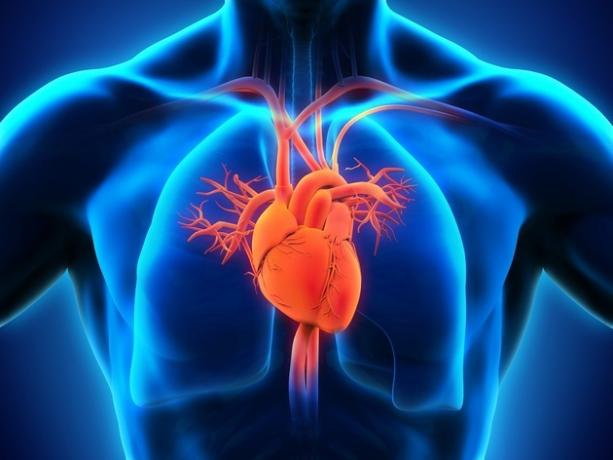
Read too: cardiovascular or circulatory system
Organs of the respiratory system
Pharynx
The pharynx is an organ common to the respiratory and digestive system. It is a muscular, tubular organ that transports inspired air and ingested food to the corresponding systems.
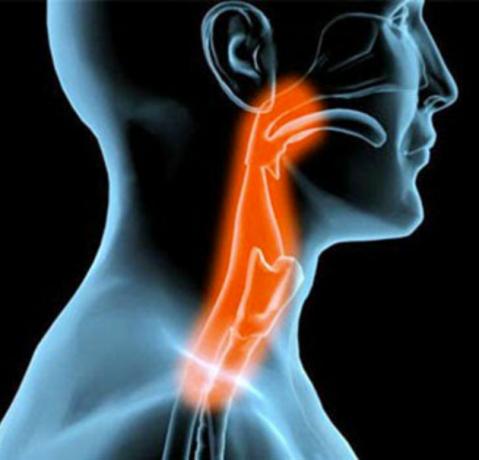
Lungs
Our body has two lungs, they are located in the rib cage and are responsible for gas exchange with the environment.

Organs of the digestive system
Stomach
The stomach is a pouch located in the abdomen, between the esophagus and the small intestine. It performs an important part of digestion by turning the bolus into chyme.

Small intestine
The small intestine is made up of three parts: duodenum, jejunum and ileum. It receives chyme from the stomach, absorbs nutrients and transports it to the large intestine.
Large intestine
The large intestine is made up of three parts: cecum, colon and rectum. It is responsible for absorbing water, in addition to storing and eliminating solid digestion residues.
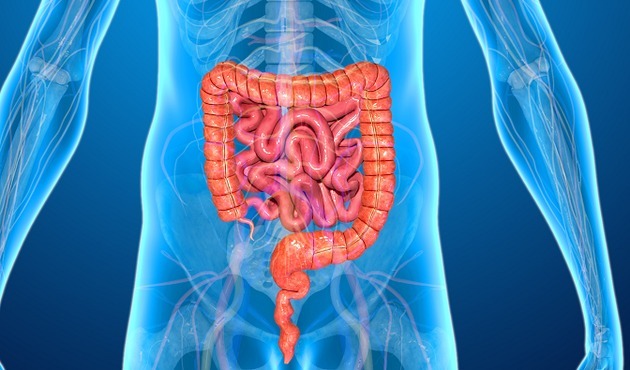
Read more: Digestive system
Organs of the Nervous System
Brain
The brain is the main organ of the nervous system. In addition to storing and distributing information, it controls all the other functions of our body, being considered a command center for the human body.

Cerebellum
The cerebellum is located just below the brain. It is responsible for our reflex, muscle contraction, movement and balance.
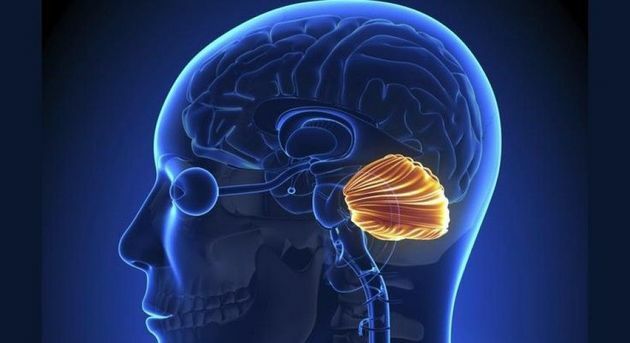
Spinal cord
The spinal cord is the inner channel of the vertebrae, located in the spine. It is responsible for transporting nerve impulses throughout the body to the brain.

Read more: Nervous system
Organs of the sensory system
The sensory system is composed of the five senses of the human body: touch (skin), taste (mouth and tongue), smell (nose), sight (eyes) and hearing (ears).
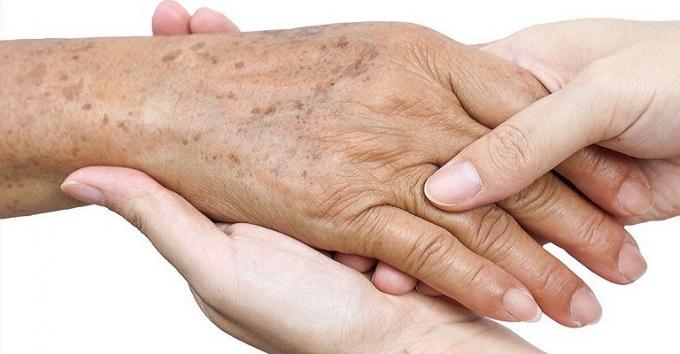
Organs of the endocrine system
Hypophysis
The pituitary is a gland located in the brain. It is responsible for controlling other glands and for producing sex hormones.
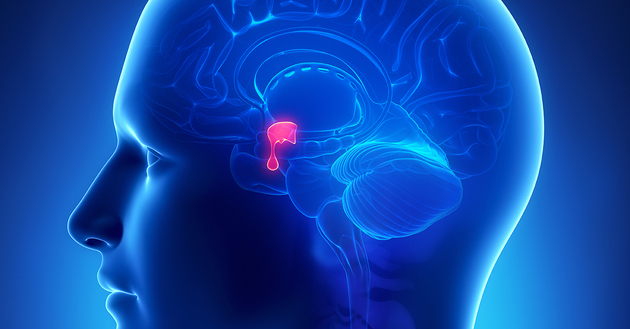
Thyroid
The thyroid is a gland located in the neck. It is responsible for regulating fertility, menstrual cycle, growth regulation and emotional control.
- Free Online Inclusive Education Course
- Free Online Toy Library and Learning Course
- Free Online Math Games Course in Early Childhood Education
- Free Online Pedagogical Cultural Workshops Course
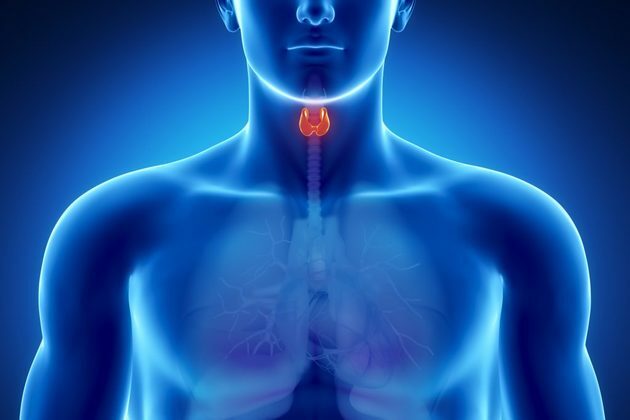
pancreas
The pancreas is located behind the stomach, it participates in both the endocrine system and the digestive system.

Liver
The liver is the largest gland in the human body, it is located in the abdomen, below the diaphragm. It is responsible for storing, filtering and producing substances such as bile, very important for the digestion process.
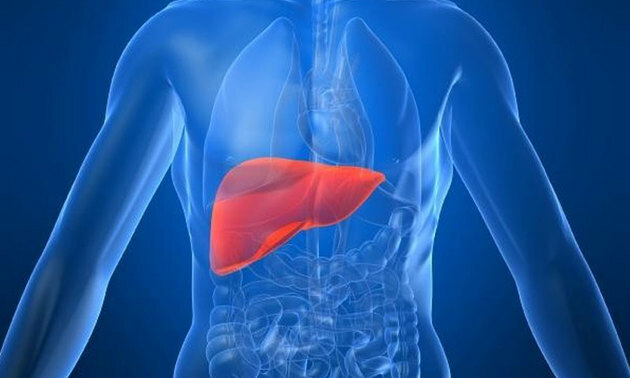
Organs of the excretory system
Kidneys
Our body has two kidneys, they are located in the back of the abdomen, they are bean-shaped and they measure just over 10 cm in length.
They are responsible for filtering and eliminating toxic substances from our body.
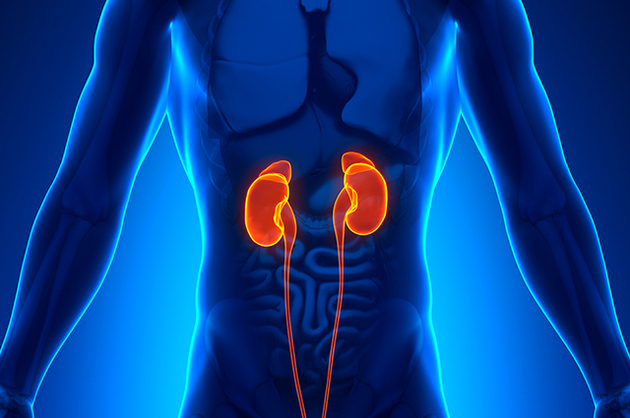
Read too: Urinary system
Organs of the reproductive system
female reproductive system
ovaries
Women have two ovaries that are positioned one on each side of the uterus. They are responsible for producing the hormone estrogen, which regulates the menstrual cycle, and for producing eggs.
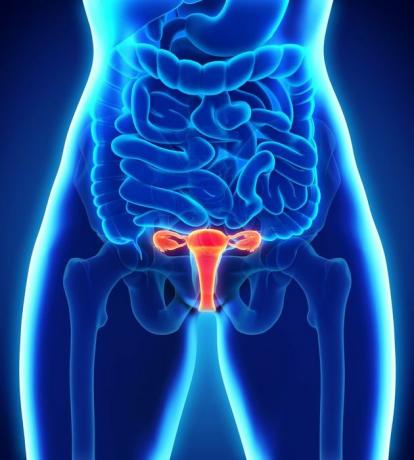
Uterus
The uterus is located in the pelvic cavity, it is a muscular organ with a high capacity for expansion.
Its functions are linked to human reproduction, this is where the fetus is generated for 9 months after being fertilized.
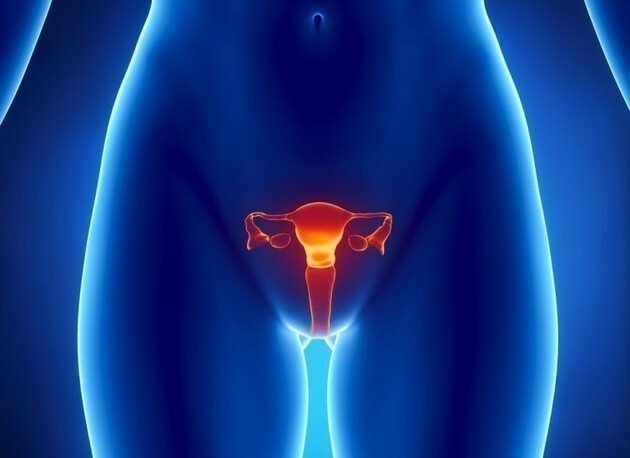
male reproductive system
Testicles
The testes are two glands located in the scrotum. They are responsible for producing hormones such as testosterone and also sperm.
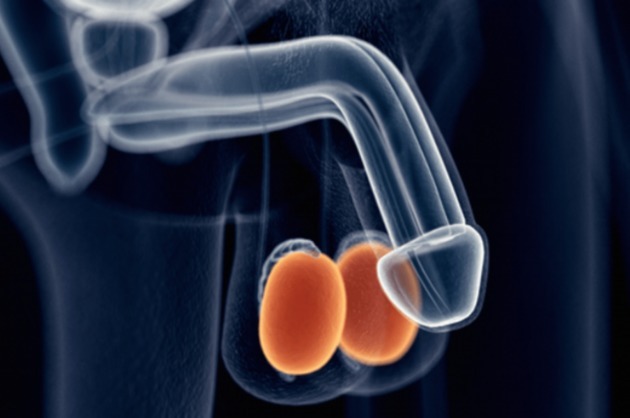
Penis
The penis is part of both the reproductive system and the excretory system, as it is responsible for the elimination of urine and semen, containing sperm, through the urethra.

Organs of the skeletal system
The skeletal system is made up of 270 bones in babies and 206 in adults.

Read more: skeletal system
Organs of the muscular system
The muscular system is made up of more than 600 muscles that line the human skeleton.

Read more: muscular system
Organs of the integumentary system
Skin
The skin is the organ that covers our body and protects against external factors. It is made up of three layers: dermis, hypodermis and epidermis.

Curiosities about the organs of the human body
What is the largest organ in the body?
The skin is the largest organ in our body, it can reach 2m2 of extension and represents about 15% of the body weight of each person.
What is the smallest organ in the body?
The pineal gland is the smallest organ in the body, it measures about 5 to 8mm, this roughly corresponds to the size of a pea. It can also be called epiphysis and it is responsible for producing the hormone melatonin that controls sleep.
See too:
- How many bones are there in the human body?
- What is the smallest bone in the human body?
- Lesson Plan - Human Body
The password has been sent to your email.

